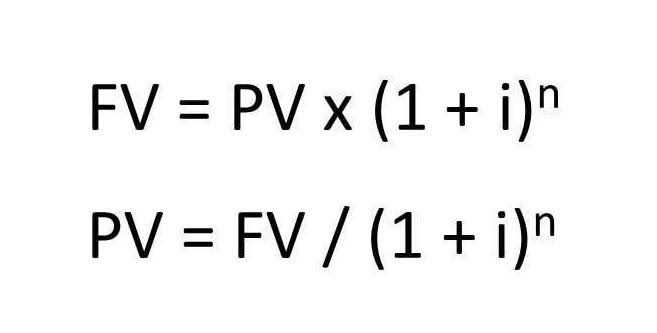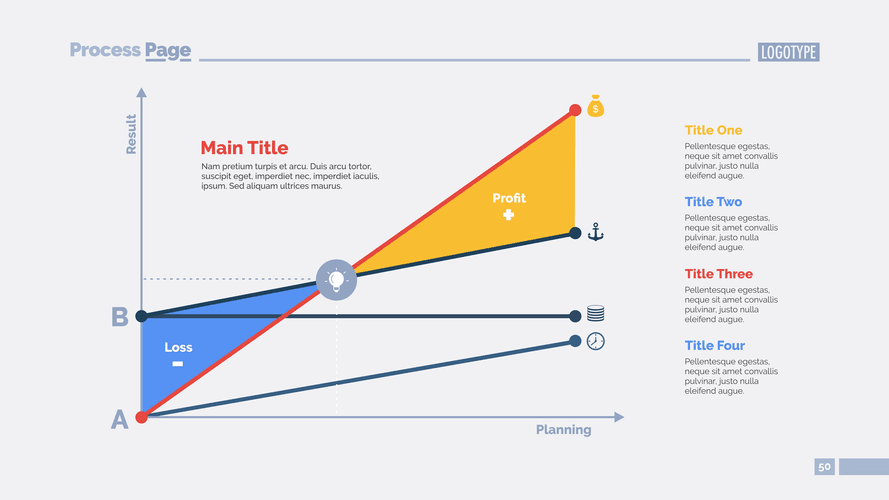
Furthermore, enrolled agents are able to represent citizens abroad in tax matters. Becoming an enrolled agent can also provide enrolled agent salary a certain amount of career security. In the last few years, IRS examinations or audits have increased significantly.
What is the average Enrolled Agent salary?
The ideal candidate to be an enrolled agent is someone who is detail oriented and enjoys delving into the continually changing nature of tax laws. Individuals who are considering becoming enrolled agents should enjoy working with people and have high ethical standards. Each of these areas offer upsides and downsides, and different firms within each area may offer different opportunities. You may find a bank that offers a great salary and flexible schedule, it’s just a matter of looking at your options.
- You can become an EA by obtaining a Personal Tax Identification Number (PTIN), passing all three parts of the IRS’s Special Enrollment Examination (SEE) and passing compliance and background checks.
- A Form 1040 return with limited credits is one that’s filed using IRS Form 1040 only (with the exception of the specific covered situations described below).
- To become an enrolled agent, it is necessary to pass a three-part examination.
- Someone who has failed to file or pay taxes as required can be denied enrollment.
- Large firms are willing and able to pay a premium to attract top talent.
- Be sure to consider additional factors alongside salary when planning your professional path.
Enrolled Agent (EA) Salary Guide
- Anyone is allowed to sit for the enrolled agent exam, which is not the case for the CPA exam.
- Ken has gained a wealth of business experience through his previous employment as a CPA, Auditor, Tax Preparer and College Professor.
- In general, CPAs earn more than EAs in all career levels; however, the CPA credential requires significantly more schooling, time and up-front costs than the EA credential.
- A senior level enrolled agent with 7-12 years of experience enjoys an average annual salary of $41,077.
- The benefits you’ll gain from earning the EA designation will far outweigh the cost of taking the EA exam.
- Entry-level tax preparers make less, but can expect their salary to increase after gaining several years of experience, and gathering more clients.
Anyone is allowed to sit for the enrolled agent exam, which is not the case for the CPA exam. In order to sit for the EA exam, all that is required is a preparer tax identification number. After passing the exam and https://www.bookstime.com/ paying the necessary enrollment fee, candidates will then be required to pass a compliance check to ensure they have paid all their taxes. EA candidates are not allowed to have any outstanding tax liabilities.
Enrolled Agent salary by year

This exam is comprehensive and covers every aspect of the tax code. Additionally, anyone who is interested in becoming an EA will need to pass a background check. The background check will consist of researching the candidate’s personal tax history. This is quite important considering the importance of ethics in this job role. The length of time required to become an enrolled agent is much less than the amount of time required to become a CPA. The average Enrolled Agent salary in New York is $45,751 as of August 27, 2024, but the range typically falls between $42,212 and $51,358.
Recently added enrolled agent salaries

Offering excellent job security and the opportunity to have jurisdiction throughout the United States, the position of enrolled agent can provide a good salary along with a rewarding career. An entry-level enrolled agent with up to five years of experience can typically expect to earn an average of $42,000 per year. The Internal Revenue Service, in an effort to satisfy legal requirements, confers the status of enrolled agent to qualified candidates. An individual who has been certified as an enrolled agent is then allowed to serve as an intermediary for private businesses and citizens in relation to tax questions and disputes. Enrolled agents are typically employed by businesses specializing in handling income tax resolutions or preparing tax returns.


Entry-level salaries for EA agents

